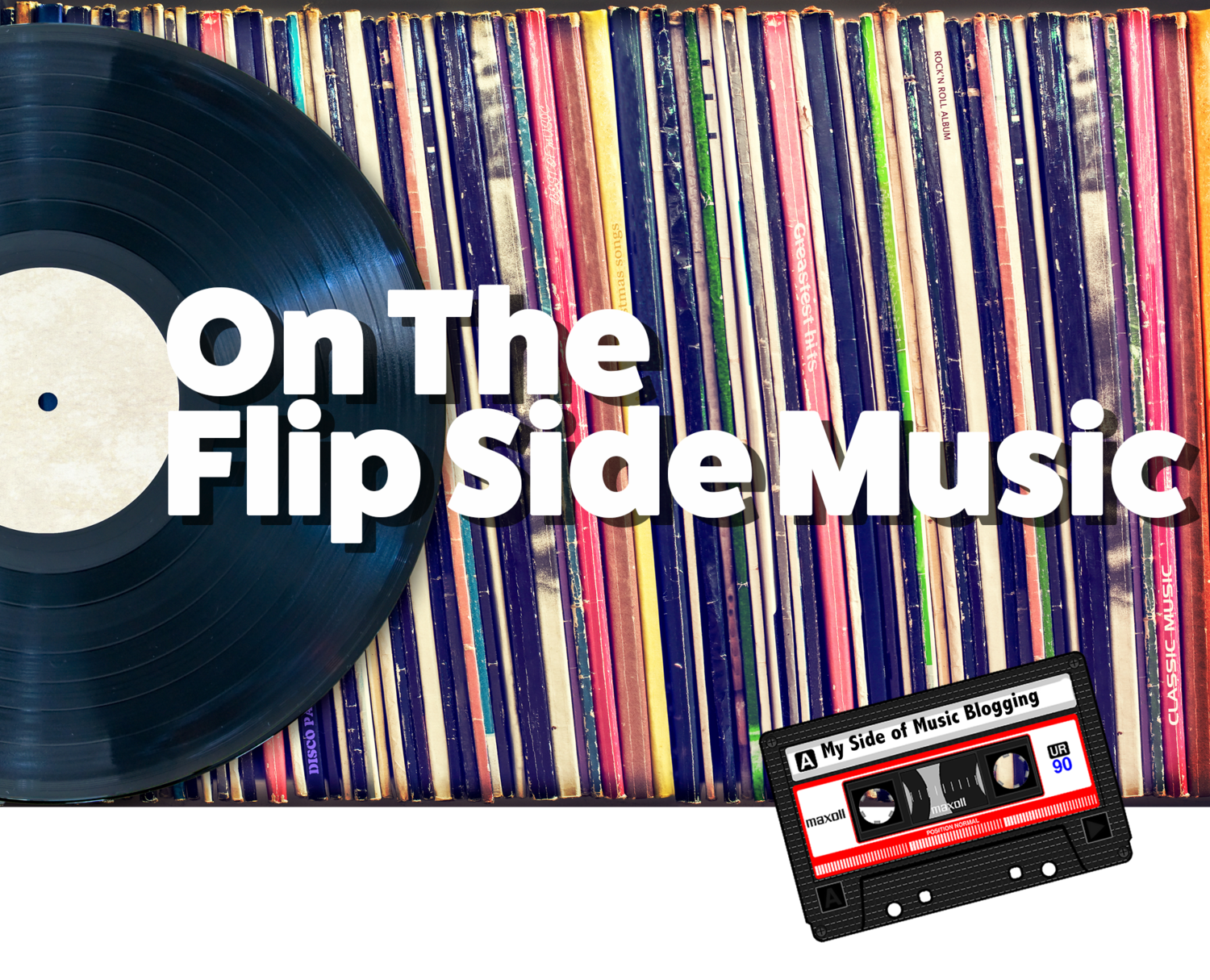Sgt. Pepper’s Lonely Hearts Club Band: No Issues With The Re-issues
Written by Brody Duggson
On May 26, 2017, the lyric “Twenty years ago today” turned fifty years old.
The Beatles released Sgt. Pepper’s Lonely Hearts Club Band on May 26, 1967. It was a Friday. The album came out in the United States a week later.
Why is this album so important? Why should you care what four musicians did before you were born? Before your parents were born?
What’s so important about music released prior to the advent of the internet and the rise of personal computers? Why bother with an album that was recorded on magnetic tape and originally mixed in mono?
You should care because Sgt. Pepper is the greatest album of all-time. Even if you don’t think it’s the greatest album of all-time, it’s been regarded as the greatest album of all-time for half-a-century.
It was the ipso facto start of the Summer of Love, a milestone for Baby Boomers, and the culture apex of the 1960s.
It was the first rock album to win a Grammy Award for Album of the Year. It has sold more than 32 million copies.
In 2011, Rolling Stone magazine put it first on their list of the “500 Greatest Albums of All-time.”
If your favorite artist has ever recorded a concept album, or used the studio as an instrument, they owe a debt to Sgt. Pepper. The album didn’t necessarily invent those techniques, but it certainly popularized them.
Therefore Sgt. Pepper has influenced, either directly or indirectly, current artists as diverse as U2, Green Day, and even Lady Gaga.
In fact, music historians often credit Sgt. Pepper with starting the “album era.” If we accept this accomplishment, then the sphere of the opus’ influence increases even more.
Sgt. Pepper legitimize rock as an art form. It laid the foundation for progressive rock and was the zenith of British psychedelia.
Songs from Sgt. Pepper have been successfully covered by numerous big-name artists including Elton John, The Flaming Lips, Cheap Trick, Patti Smith, Sonic Youth, Thievery Corporation, Gomez, and Billy Brag.
It has survived half-a-century. Not many things survive five decades.
Think about this: recordings celebrating their 50th anniversaries in 1967 were Billy Murray’s "Over There" and "Livery Stable Blues”—the first commercial jazz recording.
There were no 50-year-old albums in 1967. The album format was invented in 1952.
It’s highly likely that Sgt. Pepper will be celebrated in 2067. Do you think the same can be said for Ed Sheeran’s Divide, Katy Perry’s Witness, or The Chainsmokers' Memories... Do Not Open? No offense to those artists, but probably not.
Beyond all those accolades, it’s just a damn good record. From the title track to its closer, “A Day in The Life,” the album has no weaknesses. Every song is a classic.
To commemorate its 50th anniversary, Sgt. Pepper has been reissued via four versions: a single CD, a double CD set, a double vinyl collection, and a super deluxe edition that contains six discs.
Giles Martin, son of the Beatles producer, George Martin, went back to the original masters and made a stereo remix out of Sgt. Pepper’s original mono mix.
The Beatles participated in the original mono mix. They did not participate in the stereo mix. So, this 50th anniversary edition allows fans to listen to Sgt. Pepper’s the way the band intended it to be heard (but in stereo).
If your budget allows, pick up the super deluxe edition. It contains three discs of outtakes, instrumental versions, and mono mixes.
These extra tracks reveal the genius of the Fab Four and provide listeners a glimpse into how the greatest album in the history of rock and roll was created.
Longtime fans, many of whom bought the album when it first came out, have been blown away by the extras. Fans are hearing sounds, riffs, and phrases they’ve never heard before.
The reason behind these sonic discoveries lies in how the Beatles recorded their music. They played like an orchestra, with each instrument performing a different part. When heard without the vocals, the songs of Sgt. Pepper sound very different.
For example, the chorus of their psychedelic masterpiece, “Lucy in The Sky with Diamonds,” sounds like garage rock sans John Lennon’s singing.
That transformation, and others like it, allow longtime fans to experience the Beatles’ masterpiece in an entirely new way. For new fans, the extras are a master class on how to make a rock album that’s impervious to the ravages of time.
If you’re a music fan, Sgt. Pepper’s should be in your collection. The 50th anniversary re-issue is the perfect place to start. It doesn’t detract from the original, it adds to it.
